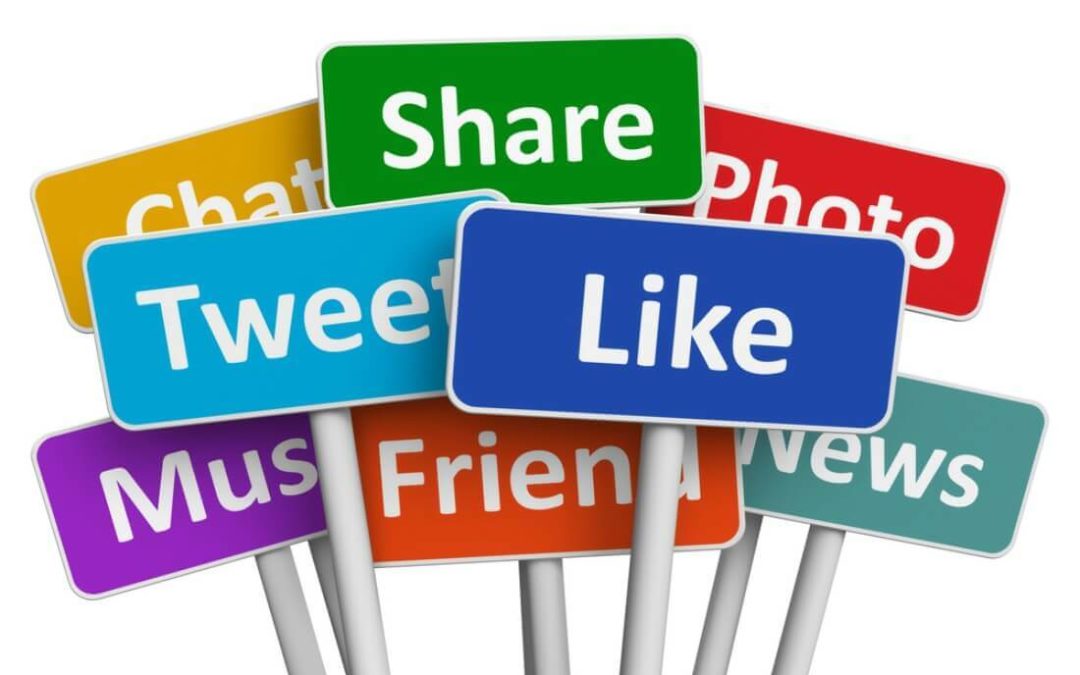The polls have been cast and the votes have been counted, and the results are in, and we now know exactly how teens and young adults (as well as everyone fitting particular demographics) react to social media. It would probably come as no surprise to anyone that the highest percentage of people using the internet (that could partake in an adult survey) are between the ages of 18-29- approximately 90 percent of all users fall within this particular group range.
On top of the 90 percent of this demographic using the internet, online adults further admit that 74 percent use social networking sites.
Which network sites, you might ask?
-71 percent use Facebook
-23 percent use Twitter
-26 percent use Instagram
-28 percent use Pinterest
-28 percent use LinkedIn
Furthermore, as of May 2013, approximately 74 percent of women were on a social networking site, compared to 62 percent of men.
Mobile Devices are also Spreading Social Media 
In today’s time, it seems like pretty much everyone has a cell phone- even young kids. In the rise of the smartphone, social networking became a simple thumb click away. Some users have done away with their desktops or laptops initially, relying more and more on their phone for SNS. Comparatively, 40 percent of the survey takers admitted to SNS on their phone with a co-worker, friend, or significant other, with over 28 percent admitting to do so on a regular basis, every day.
Social Impact of the Social Networking Programs That are Preoccupying a Young Adult’s Time
It’s very difficult sometimes to see exactly how these social networking applications are isolating the public, and ruining their face-to-face relationships, and in all actuality, it’s far easier to see more benefits than negatives to having your young adults think these ways. Several years ago, a study was released that showed:
-Social Media and Networking sites are Increasingly Used to Find Any Close Social Ties that You Might Have Missed in Your Busy Day
-On average, the usual user of a social network generally has more close ties to other people than the socially awkward, socially isolated American.
-Facebook Users Tend To Be More trusting.
-Facebook Users Generally Have Established Good Relationships.
-Users of social groups tend to get more support and instant recognition from their social ties. Users within Facebook saw the most.
-Facebook users are more politically engaged than most.
-Facebook, in itself, revives “dormant hosts” so that you can create imagine around you, you’ll have a more deep set view on what’s right NOW
-Even Myspace User’s are so typical to use appointing points of view, especially when you’re interested in passing along the right message.
If your loved one has a problem, feel free to call us so that we can make your sleep right- the way you wanted it. Remember, three types of interventions that play into your tactics and you message. Enjoy?


Recent Comments